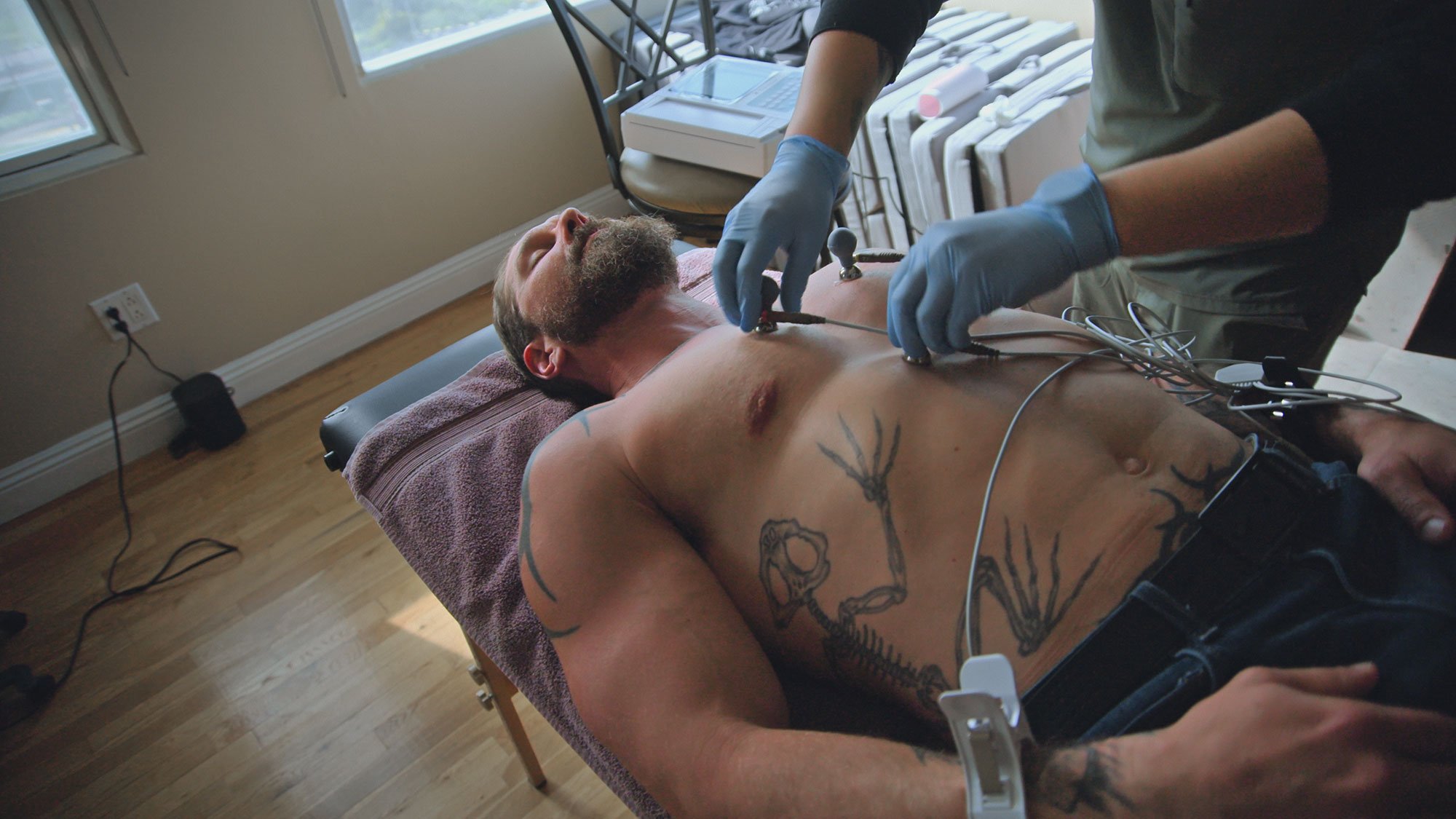
resources
We encourage anyone who needs help NOW to seek help from one of the following organizations
other ways to get help
-
Call 911 if you need police, fire or emergency medical assistance.
Go to the nearest emergency room for immediate medical attention.
Call 988 if you need to speak to a trained crisis counselor who can help with mental health-related distress. You can also text 988 or chat online with the Suicide & Crisis Lifeline. You can also call if you are concerned about someone else.
If you are a Veteran, or are concerned about one, call 988, then press “1” to speak with a responder qualified to support Veterans. You can also text 838255 or chat online with the Veterans Crisis Line.
Both the Suicide & Crisis Lifeline and the Veterans Crisis Line have responders who speak Spanish and offer resources en Español.
-
The Department of Veteran Affairs has a variety of mental health resources, information, treatment options, and more – all accessible to veterans, military families, caregivers, veterans’ supporters, and the general public.
-
Learn how to find a therapist, counselor or other mental health provider who can provide therapy and medication for PTSD and trauma issues.
-
Find out what to expect after a trauma and about self-help tools that can help you manage stress reactions.
-
Information on specialized treatment for PTSD within VA Medical Centers.
-
Describes VA services offered to female veterans, including the Women Veterans Health Care Program.
-
Military families often deal with unique cycles of stress related to deployments. Learn about the effects of PTSD on families and friends and access tips to help cope with challenges.
-
Explore PTSD care and support services tailored for LGBTQ+ veterans.
-
Provides information about resources for treatment.
-
Psychedelic-Assisted Therapy for PTSD
This article focuses on the use of psilocybin- and MDMA-assisted therapy (P-AT and MDMA-AT) for the treatment of posttraumatic stress disorder (PTSD) in veterans
How to Join a Psychedelic Clinical Trial
Follow these steps to join an ongoing psychedelic clinical trial today. Use the map and list to search for current research studies near you.
The results of clinical trials suggest that psychedelics could be used for a range of therapeutic purposes, but figuring out how to participate in psychedelic-assisted therapy as either a therapist or a patient can be complicated. BCSP’s clinical trials map, featuring data from ClinicalTrials.gov, provides a way to navigate past, ongoing and future trials.
The Stanford Brain Stimulation Lab published a paper on the Ibogaine research featured in the film in Nature Medicine.
Magnesium–ibogaine therapy in veterans with traumatic brain injuries
Ibogaine Cracks You Open, the Toad Gives You a New Canvas
Veterans Exploring Treatment Solutions
Veterans Exploring Treatment Solutions (VETS) is the non-profit organiztion founded by Marcus and Amber Capone. The mission of VETS is to expand access to psychedelic-assisted therapies. Given current restrictions on these treatments in the United States, VETS has established a Foundational Healing Grants program to cover treatment expenses and provide robust, wrap-around support to grantees. VETS is actively engaged in research and advocacy efforts to help expand access to psychedelic-assisted therapy to all veterans.
ABOUT THE MEDICINE
IBOGAINE
Ibogaine use has its origins in Gabon, Africa, among members of the Bwiti religion, a fusion of traditional ancestral worship and Christian beliefs. It is derived from the bark of the iboga plant, which indigenous peoples have used for centuries to commune with their forebears during a hallucinatory experience. Although it was once prescribed as a stimulant in France, concerns about side effects brought about a ban there. The drug remains illegal in many other countries, including the U.S., but possession is legal in Australia and New Zealand, and it is available with a doctor’s prescription in Canada, Brazil and South Africa. Ibogaine remains unregulated in Mexico.
5-MeO-DMT
5-MeO-DMT, familiarly referred to as “The Toad,” is derived from a secretion of the Sonoran Desert Toad, traditionally employed in shamanic rituals in the southwestern United States and parts of Mexico. It is not mandatory after ibogaine — in fact, Matty initially considered not using it — but it seems to both temper and enhance the experience.
Effects of 5-MeO-DMT often include radical perspective shifting and perception of new insights. Depression and anxiety can be relieved almost instantly in some subjects. Most often inhaled, it has an unusually short (15 to 90 minutes) but powerful effect on users.
The clinic showcased in the film sources Ibogaine through partnerships with Blessings of the Forest and adheres to the rules outlined in The Nagoya Protocol. To read more, click here.
All psychedelic-assisted therapy treatments shown in the film took place outside of the U.S., in countries where these substances are legal or unregulated, at vetted, third-party facilities, monitored by medical professionals.
**The information provided in this film is for educational purposes only and does not substitute for professional medical advice.

“I'd taken all the pills they told me to. I'd been to all the best brain clinics. And like, what else is there?”
— Marcus Capone
